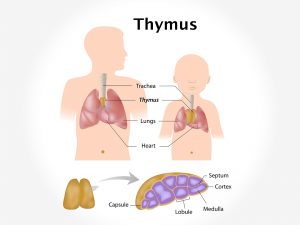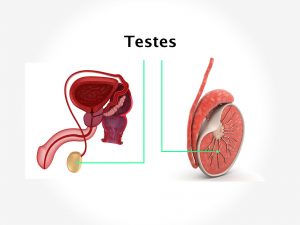Causes and risk factors
The cells undergo an abnormal and uncontrolled proliferation. Eventually these clusters of cells lead to formation of a tumor or mass. Depending upon the cells involved, the cancers are classified as carcinoid tumor, colonic type –adenocarcinoma, Signet ring cell adenocarcinoma, and a rare one – paraganglioma. What causes this abnormal growth is still a mystery. However, tedious research and study of various cases have laid down certain risk factors which can predispose a person to cancer. Genetic factors head the list. Many cancers are caused due to a certain abnormality or mutation in the genes which stimulate the cells to undergo an abnormal proliferation. In some families, it is seen as hereditary. People with a weak immune system are more prone to cancer. Tobacco addiction and cigarette smoking is one of the major contributing factors. Alcohol consumption in excess also increases the chances of developing cancer of any form. Studies have revealed the link of human papilloma virus (HPV) infection as a precursor in development of cancer. Cancerous conditions of the appendix can also be secondary to other cancers prevailing elsewhere in the body, especially the colonic cancer.
Clinical presentation:
Indolent growth of abnormal cells in its initial stage does not pose any noticeable signs and symptoms in the body, hence in most of the cases the tumor of the appendix is accidentally detected while the patient is operated for appendicitis. Some over a period of time can come up with health issues. On most of the occasions the patient usually comes up with vague symptoms like bodyache, fatigue, and tenderness all over the body. A noticeable change in weight is complained by the patient or is brought into notice by the loved ones, while a few can come up with a complaint of pain in the abdomen, especially the lower right side or around the umbilicus. Alteration in the bowel habits or difficulty in passing stools or a complaint of palpable mass in the abdomen is seen. In females, issues regarding conception can be seen. The women can suffer from infertility. In case where the pathology has advanced, i.e., metastasis of the cells might have occurred and various other symptoms pertaining to that system or organ can also be seen.
Investigations:
Taking into consideration the complaints mentioned by the patient, a physical examination of the patient is carried out. Accordingly, certain sets of investigations are advised. Ultrasonography of the abdomen and pelvis is advised. If any abnormal growth or mass is detected, a biopsy is done which will help to differentiate between the benign and neoplastic cells. If the cancerous growth is confirmed, certain other sets of investigations – routine blood test and blood markers for cancer are done. A complete scan (PET scan) is the most essential investigation tool mandatorily advised in cancerous conditions.
Treatment:
Staging of cancer, (i.e., advancement and spread of pathology) is the essential tool for formulating the treatment plan. If any abnormal mass is detected, appendectomy is carried out. Radiation treatment along with administration of chemotherapeutic agents is done.






























